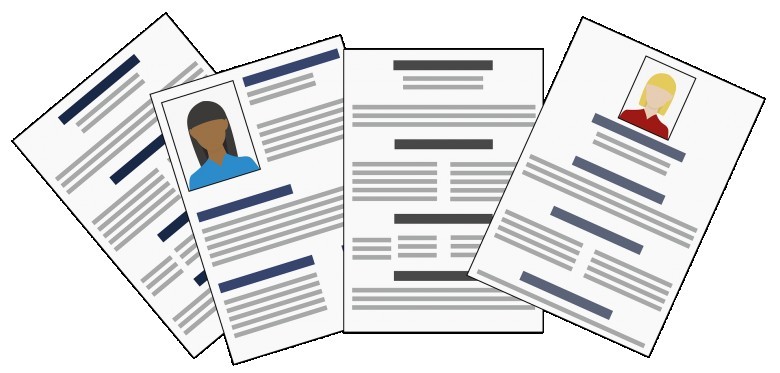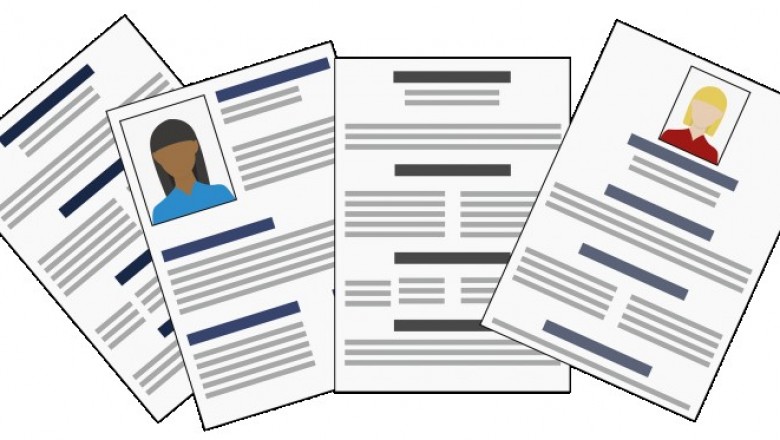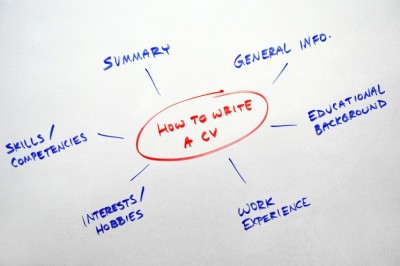
Best Career Objectives for your Resume
How to Create the Best Career Objective for your Resume
Is a resume career objective important these days? You bet it is. However, you don’t want your resume career objective to leave potential employers confused and scratching their heads, or even worse, passing you over as a job candidate.
A resume without a career objective is like a book without a title or back cover description; few people, if anyone at all, will read it. A resume with a poorly written career objective is like a book with a run-of-the-mill title or an mediocre back cover description, few people will want to read past the title or the book description to see what it’s really about. So not only is it important that you include a career objective in your resume, it must be the best objective to describe what you desire from the job and what you have to offer to the company.
If a job recruiter tells you that a resume career objective is not necessary, bypass this piece of advice. Some job recruiters have come to view the objective as a waste of space on job resumes simply because they are so accustomed to seeing vague and pointless resume objectives.
Resume Objective Do’s and Don’ts
There are a few standard rules that job seekers should adhere to when it comes to resume career objectives. Sticking to these do’s and don’ts will ensure that you present the best career objective for your resume.
Don’t focus solely on what you home to gain from the job or employer. Also, steer clear of resume objectives that assert working preferences, such as “seeking a position in a team-oriented environment.”
Do state how you would like to apply your skills and how you and the employer would benefit from hiring you for the position. It is possible to indirectly state what you would like to obtain from a job without coming across someone who is self-serving. For instance, “To gain an entry level position in a mid-sized organization where I can apply my degree in mechanical engineering then advance to the role of director of product development” is a career objective that conveys the skills you could bring to a company and subtly conveys where you hope the current position you are applying for could lead your career in the future.
Don’t be formless about your career objectives. You want to make substantial statements about your career and career goals. For example, “seeking a position with opportunities for advancement” says nothing substantial or precise about your career goals.
Do keep your career objectives concise and to the point. Employers go through hundreds if thousands of resumes in hopes of filling a single job opening. Many job seekers believe that a long and wordy career objective will impress hiring managers and make them stand out from the crowd, but this couldn’t be further from the truth. In fact, a concise and complete career objective will help your resume standout from a sea of monotonous resumes.
Formulating the Best Career Objective
Coming up with a resume career objective is a lot simpler and much more straightforward than most people think. The trick to keep in mind is to give the employer with they’re looking for, which is usually found in the job description. The job description lists everything that the employer wants and needs for the job opening, right down to the skills the job requires and the day to day duties the job applicant must fulfill. To formulate your best resume career objective, simply take some skills from the job description that matches skills you actually possess --don’t fluff your capabilities here--and describe how you can apply those skills to fulfill select job duties and responsibilities listed in the job description.
Let’s look at an example Mechanical Engineering job description:
Description: Mechanical Engineer
Mechanical Engineer Job Principles: Develops and assesses methods and specifications for creating mechanical systems and products.
Mechanical Engineer Job Responsibilities:
Conducts research programs to evaluate mechanical and electrical products and systems by applying solid mechanical engineering principals, such as heat transfer, thermodynamics, engineering of mechanics and hydraulics.
Study customer needs; examine and assess methods of assembly and reproduction; draw on machine operator observations to develop mechanical products.
Design testing methods; test finished systems and products; verify fabrication, assembly and installation processes to control system and product quality.
Collect, analyze and review trends and testing information for product reports.
Follow machine manufacturer’s guides, correspond with maintenance and establish maintenance procedures to keep machinery operational.
Utilize computer programming skills to maintain product databases and systems.
Qualifications: CAD/3-D design skills, design analysis, programming skills, technical presentation, equipment maintenance, quality control.
A job applicant who is qualified for and applying for this job can construct a great resume career objective by simply taking key details from the job description. For instance, if you have an engineering degree and are quire proficient in CAD/3-D design and have stellar programming skills, you can highlight those skills and the ability to meet a few key objectives in the above mechanical engineer job description with the following resume career objective:
To gain a Mechanical Engineer position that allows me to apply my CAD/3-D design skills and computer programming skills to design testing methods for product and systems development.
That’s all it takes! You have presented what your unique skills and capabilities are and how you would like to use those capabilities to meet the job requirements, all in one sentence! Creating the best resume career objective is really that easy.
Now, if you are applying for various jobs at different companies and for different functions, but mostly requiring the same skills, simply tailor your resume career objective to each job you are applying for based on the job description. It may also be helpful to create targeted varieties of your resume designed toward differing objectives.
This will ensure that you always have a version of your resume on-hand with the proper career objective available for various types of job and career opportunities. Targeted resume variations featuring differing career objectives is especially helpful for entry-level workers who may be applying for a variety of jobs and individuals who change careers on a frequent basis.




















